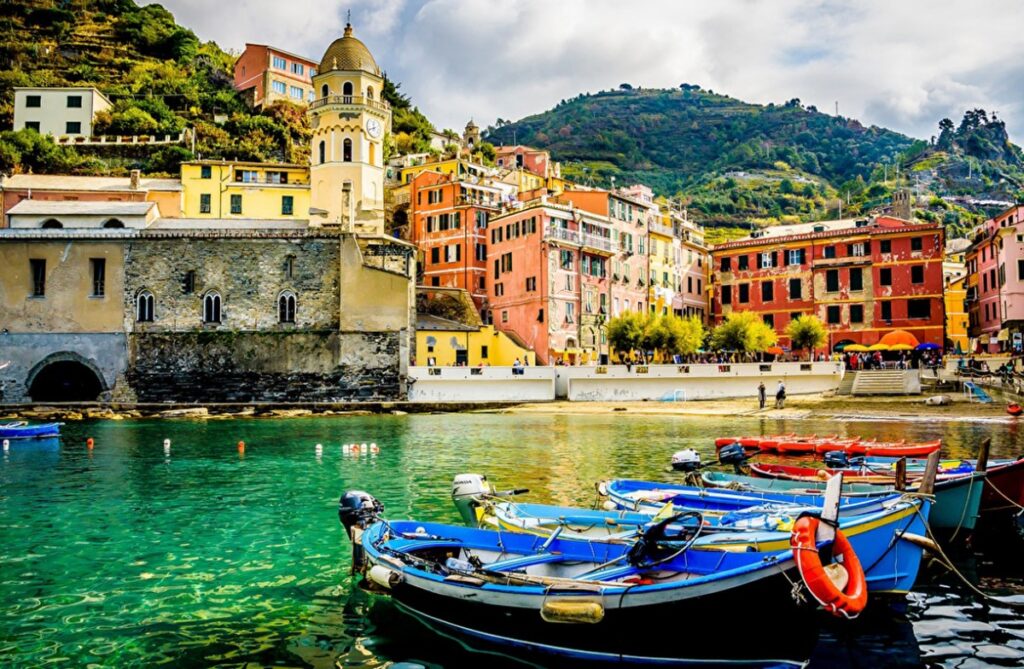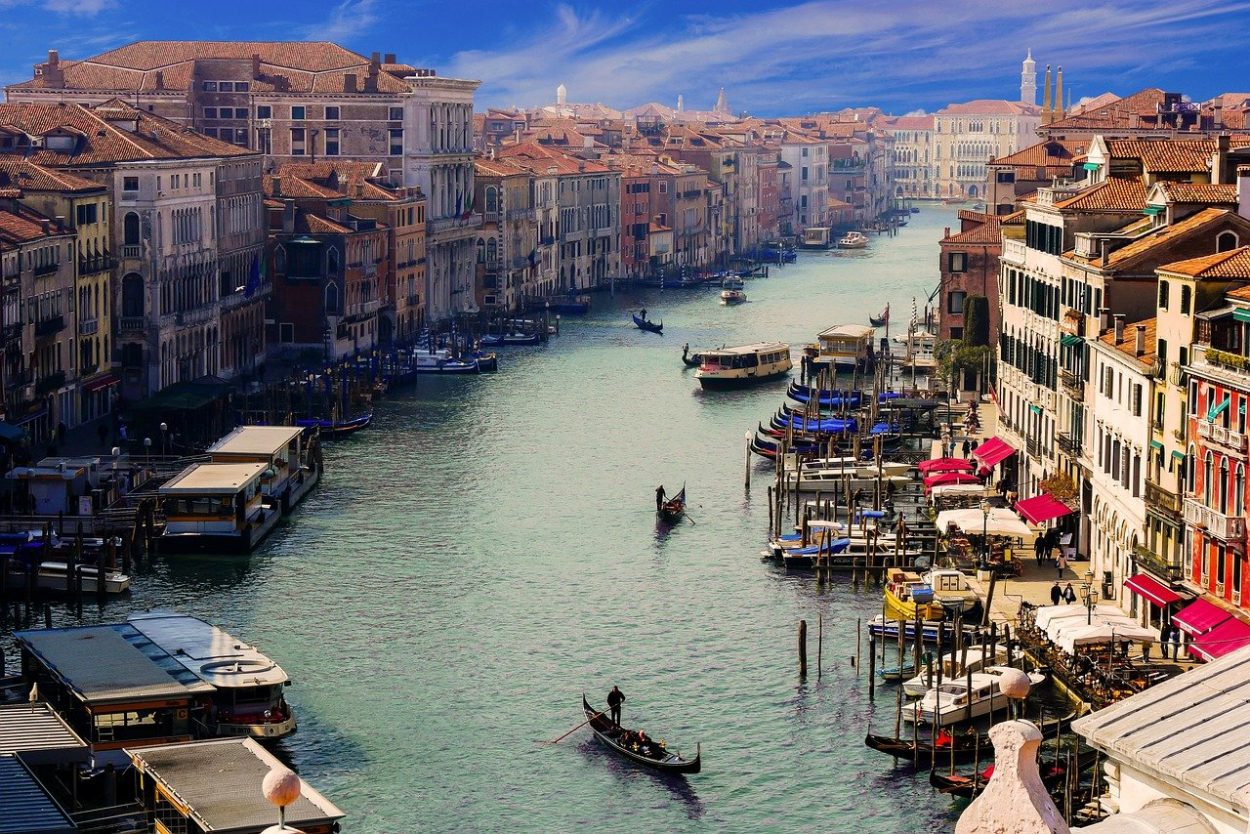
ITALIAN SURNAMES
Suffice it to recall such famous names as Leonardo da Vinci, Piero della Francesca, Alessandro Botticelli or Domenico Ghirlandaio. They were all great painters of the Italian Renaissance, and their names, as well as their paintings, have an interesting history of their own. You can learn more about this by signing up for italian to english courses.
How the map affects the Italian language
Historically, many Italian surnames were based on where a person came from or where they were born. Leonardo da Vinci’s family was originally from Vinci, a town in eastern Tuscany, thus his last name literally means “from Vinci”. The irony is that throughout his life, he was addressed solely by his first name, not his last name. The sculptor Andrea Pisano, best known for his reliefs on the bronze south doors of the Florentine Baptistery, was originally called Andrea de Pontedera, because he was born in Pontedera, a village near Pisa. Later it was called “Pisano”, referring to the city famous for its leaning tower. One of the most common Italian surnames of our time is Lombardi, which originated from the region of the same name.
Funny nicknames in Italian
Ask most people to name at least one work by Alessandro di Mariano Filipepi or translate italian to english and they will hardly name it. However, mention some of his famous works that hang in the Uffizi Gallery, like the Birth of Venus or the Adoration of the Magi, and they will surely recognize Botticelli. This name he inherited from his older brother Giovanni, a moneylender, who was called Il Botticello (“Keg”).
Another 15th-century Florentine artist with an eloquent name was Giuliano Bugiardini, which literally means “liars”. Perhaps his family was famous for their ability to tell stories. There are many descriptive Italian surnames such as Torregrossa (large tower), Quattroci (four eyes), Bella (beauty) and Bonmarito (good husband).
Relationship between professions and Italian surnames
Some Italian surnames are associated with a person’s occupation or profession. Domenico Ghirlandaio, an early Renaissance painter famous for his frescoes, probably had an ancestor who was a gardener or florist (the word “ghirlanda” means “wreath” or “garland”).
